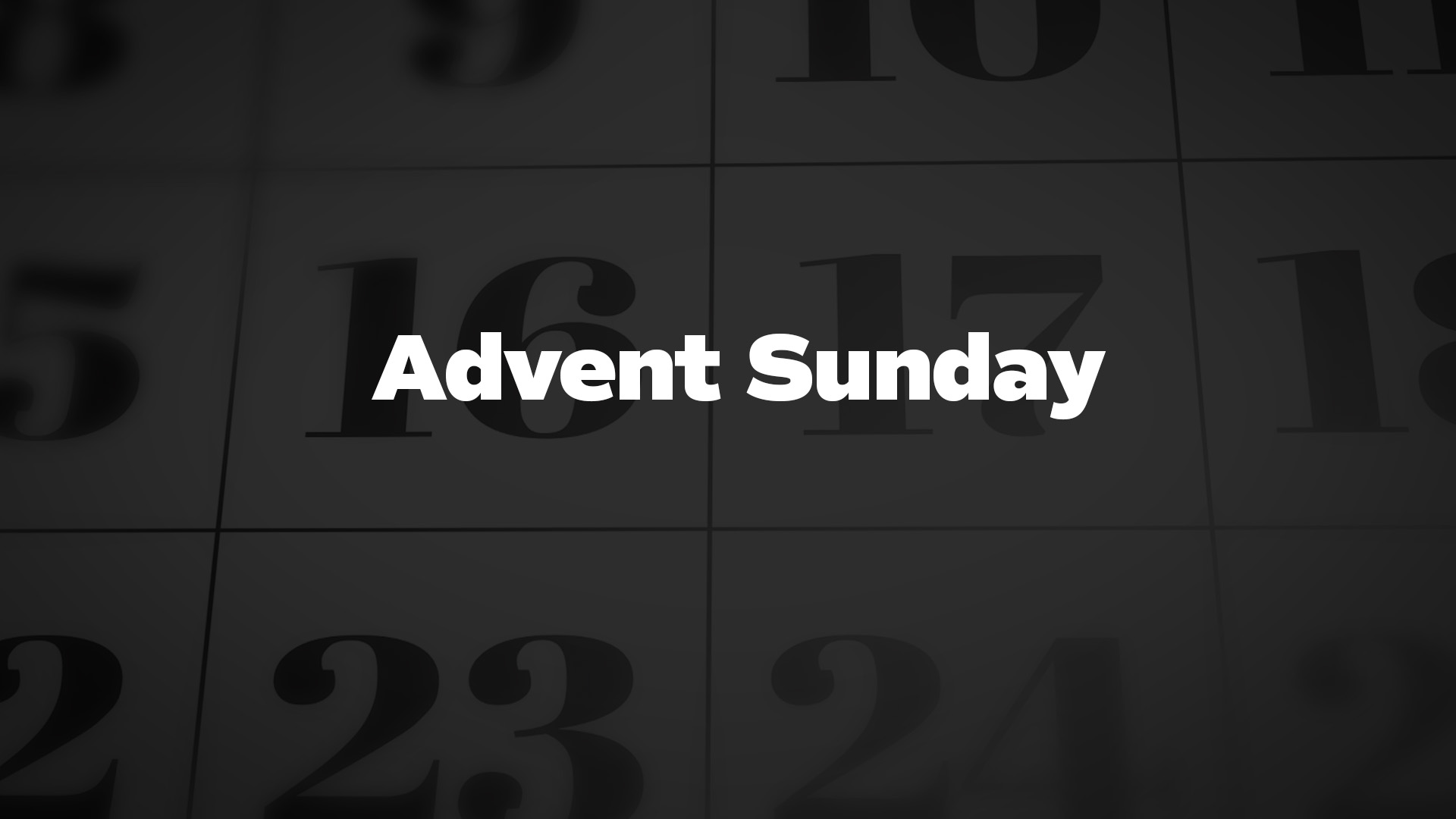Advent Sunday is the first Sunday of the Advent season in the Christian calendar which marks the beginning of the liturgical year. It is a time of preparation and anticipation for the celebration of the birth of Jesus Christ during Christmas.
#HASHTAGS
#AdventSunday
